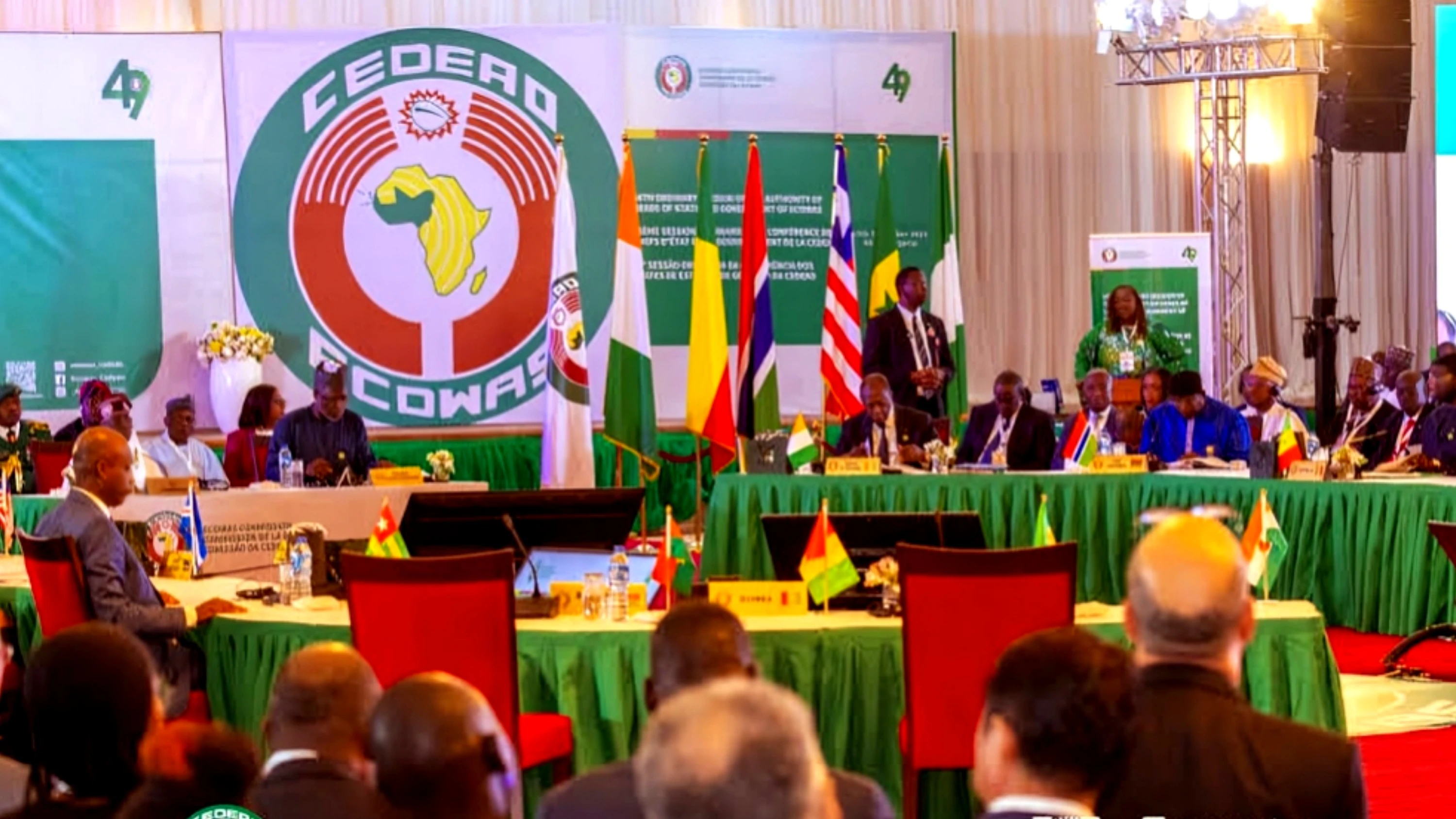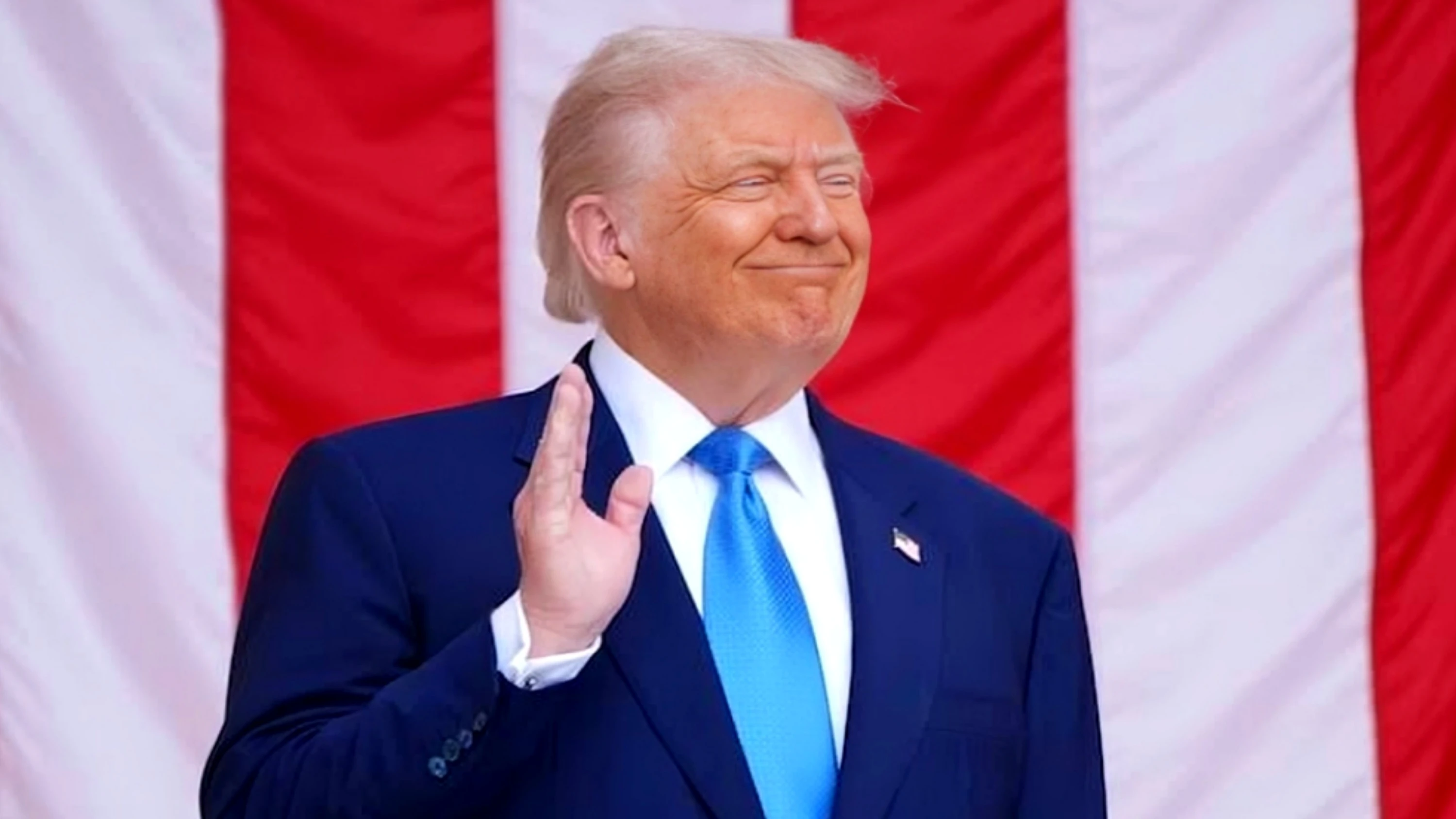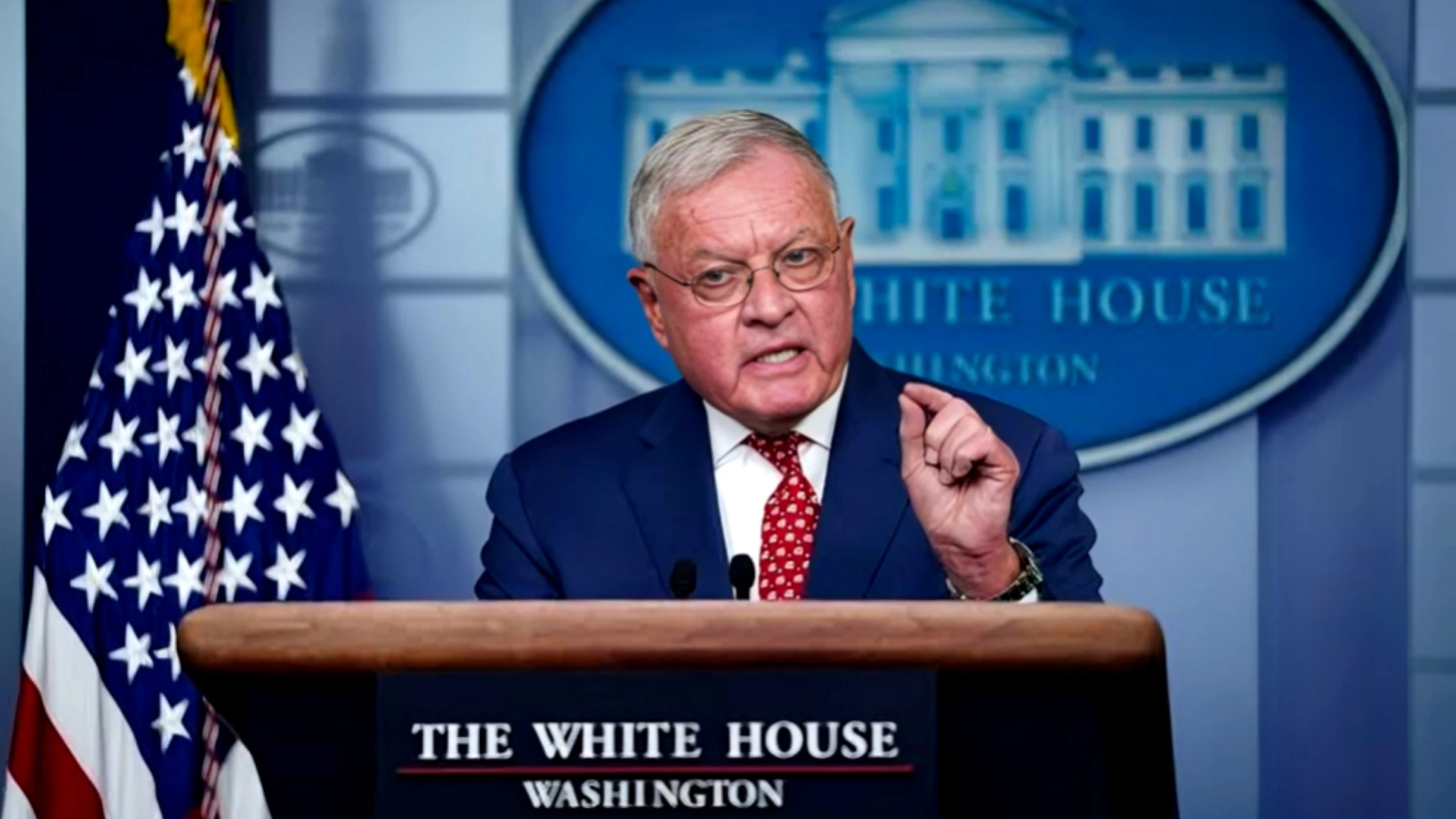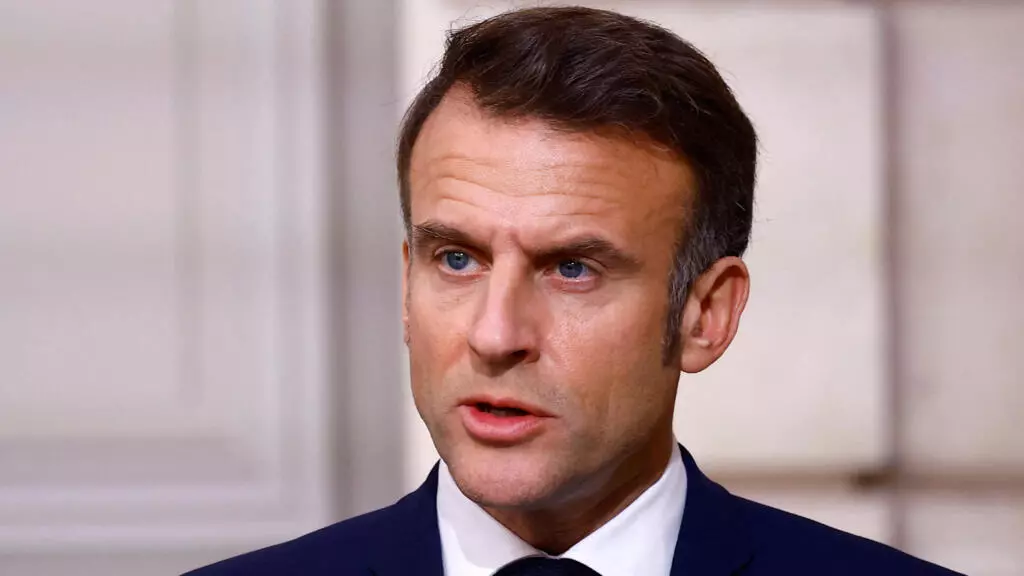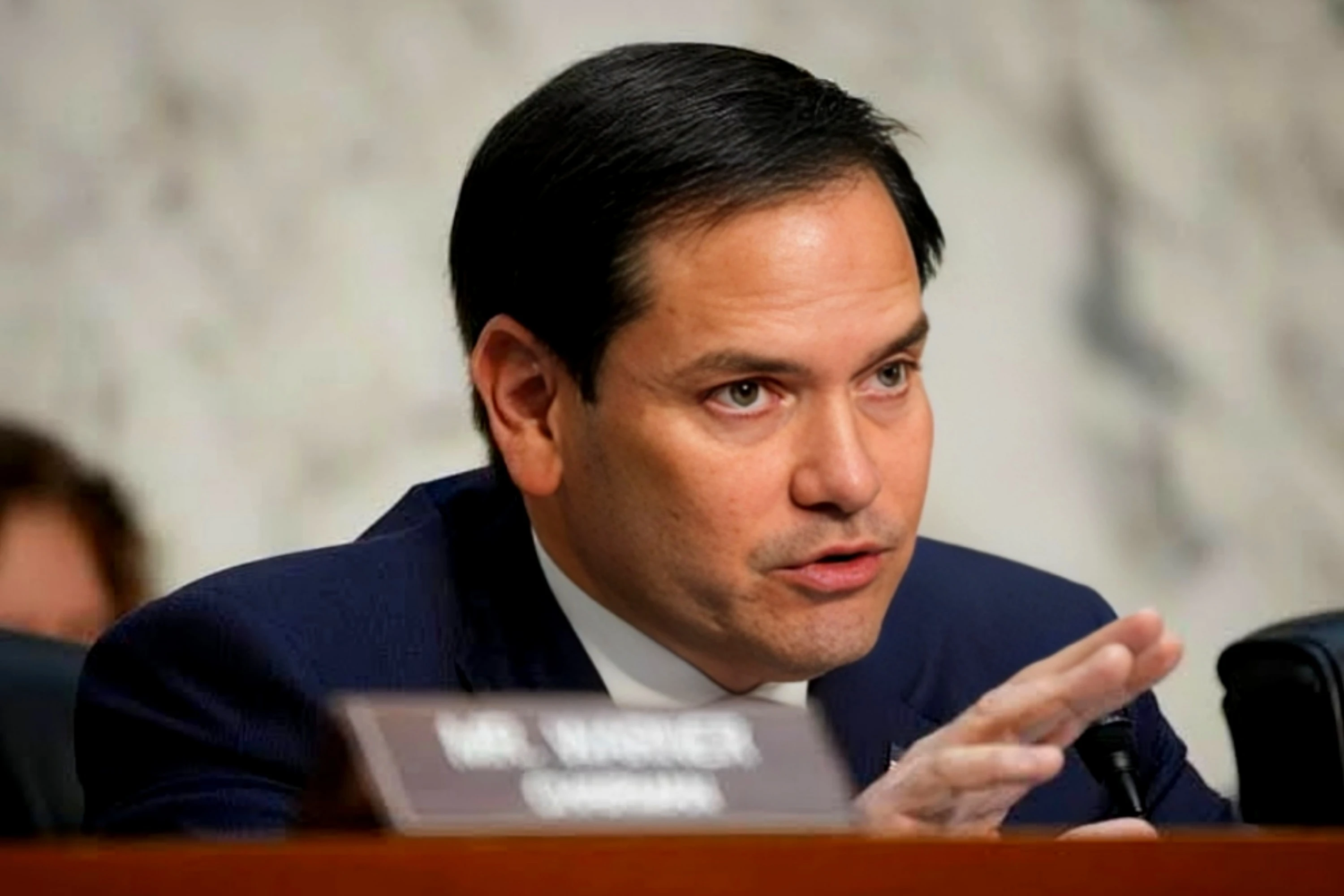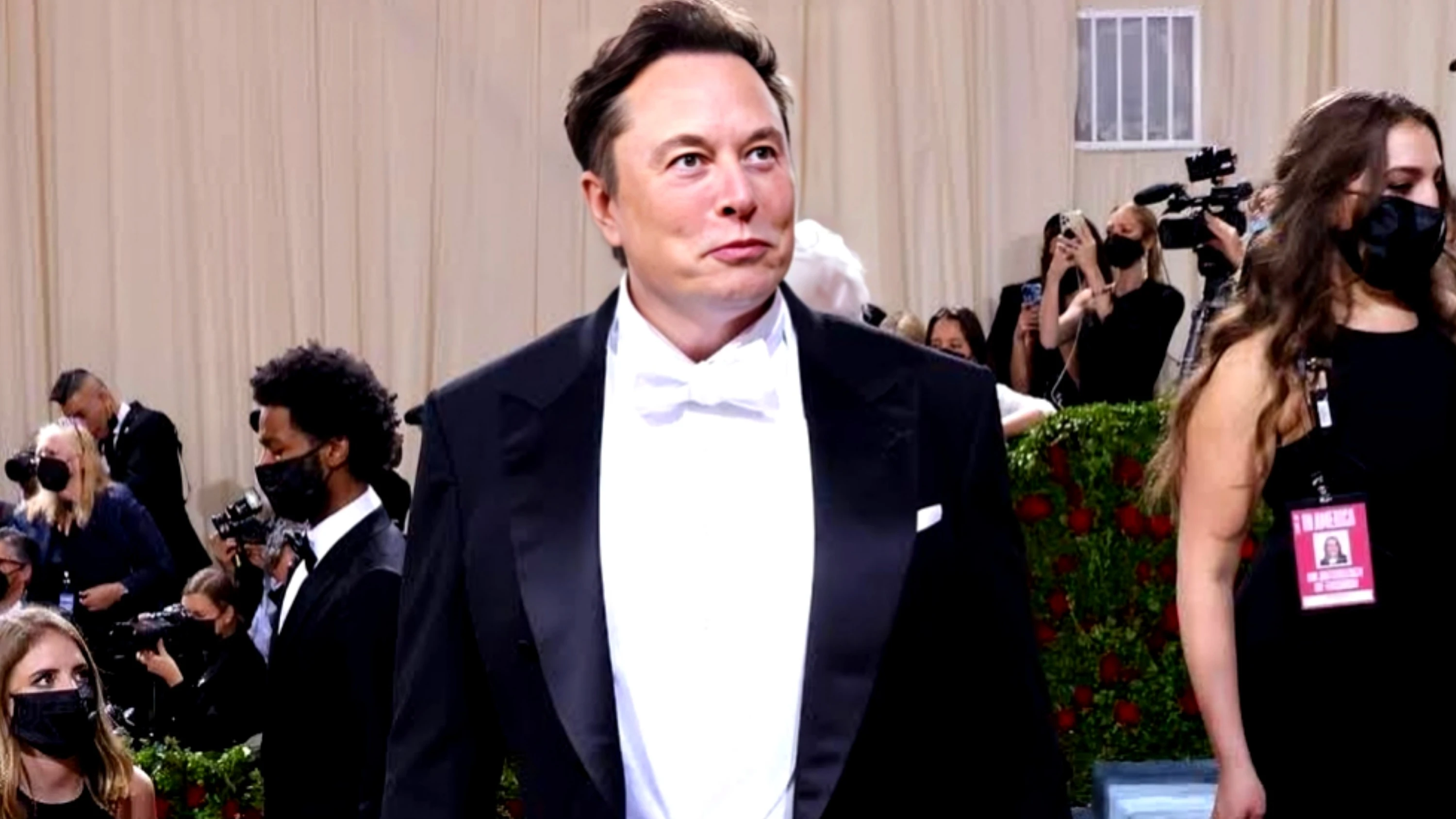Lagos: As the Economic Community of West African States (ECOWAS) commemorated its 50th anniversary on Wednesday, the organization’s leadership acknowledged the mounting threats destabilizing the region. These include escalating terrorism, political upheaval, climate change, and widespread poverty.
Omar Alieu Touray, President of the ECOWAS Commission, addressed leaders gathered in Nigeria, warning that the bloc is currently grappling with some of the most severe challenges in its history. He pointed to surging jihadist violence across Nigeria and the Sahel, especially in Burkina Faso, Mali, and Niger—countries that have recently exited the bloc in response to ECOWAS sanctions imposed after military takeovers.
Despite these setbacks, Touray expressed optimism, emphasizing the bloc’s commitment to addressing these pressing issues.
ECOWAS, founded on May 28, 1975, was originally established to foster economic integration, strengthen regional security, promote human rights, and uphold democratic governance across West Africa.
However, recent developments have called the bloc’s effectiveness into question. Military juntas now rule in three of its original member states—Burkina Faso, Mali, and Niger. These nations have formed a separate Alliance of Sahel States, forged a new political confederation, severed military and diplomatic relations with Western allies, and increasingly aligned themselves with Russia.
Touray stated that ECOWAS remains open to dialogue with the breakaway nations, reaffirming efforts to rebuild cooperation. But analysts argue that without tackling the root causes of insecurity, the bloc's broader goals of development and economic growth will remain elusive.
Beverly Ochieng, a senior analyst at Control Risks in Dakar, underscored this point: “You cannot expect economic stability in the absence of security.”
Observers also criticized ECOWAS for its apparent inaction in the face of leaders manipulating constitutional rules to cling to power—actions that have, in some cases, triggered support for military coups. One recent example is in Togo, where President Faure Gnassingbé assumed a newly created, influential position with no term limits—an arrangement the opposition has condemned as a "constitutional coup" that could extend his rule indefinitely.
As ECOWAS reflects on its 50-year journey, questions linger about its ability to adapt and remain relevant in a region facing serious political and security upheavals.


